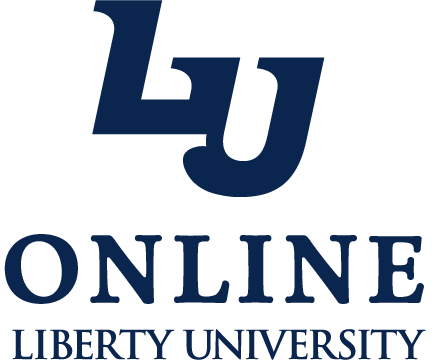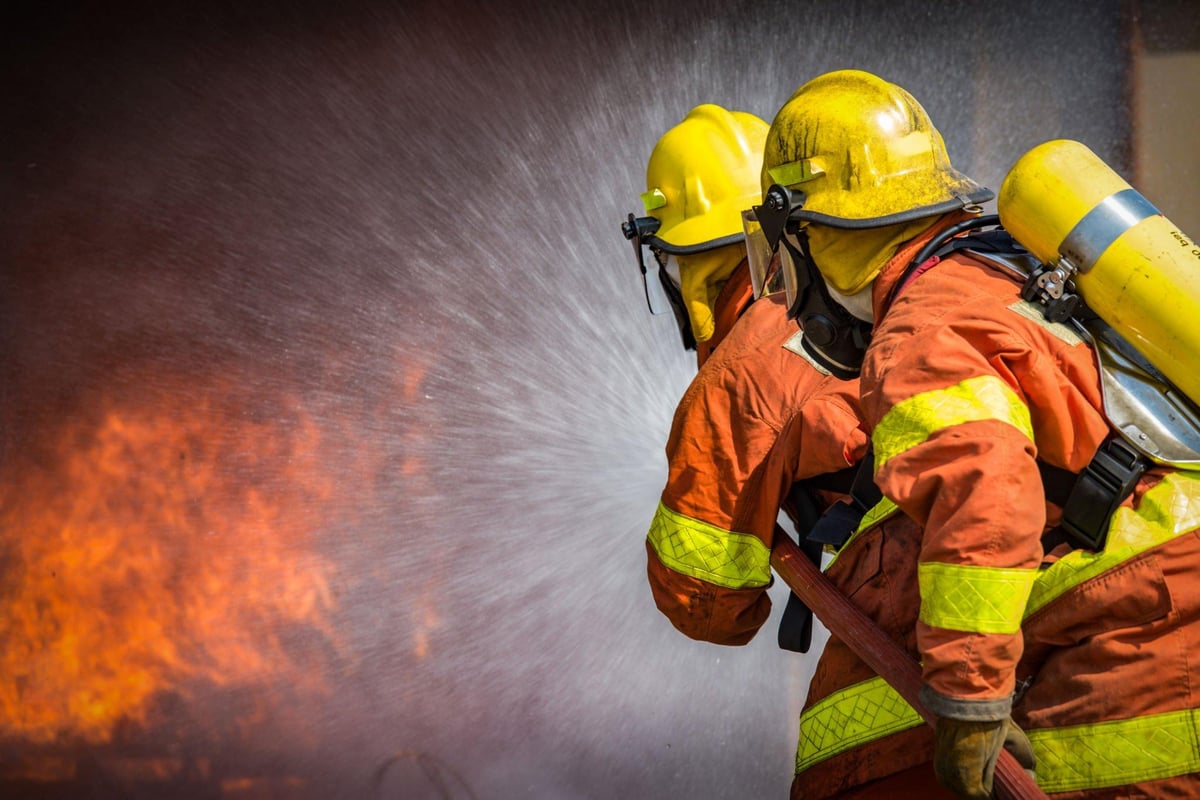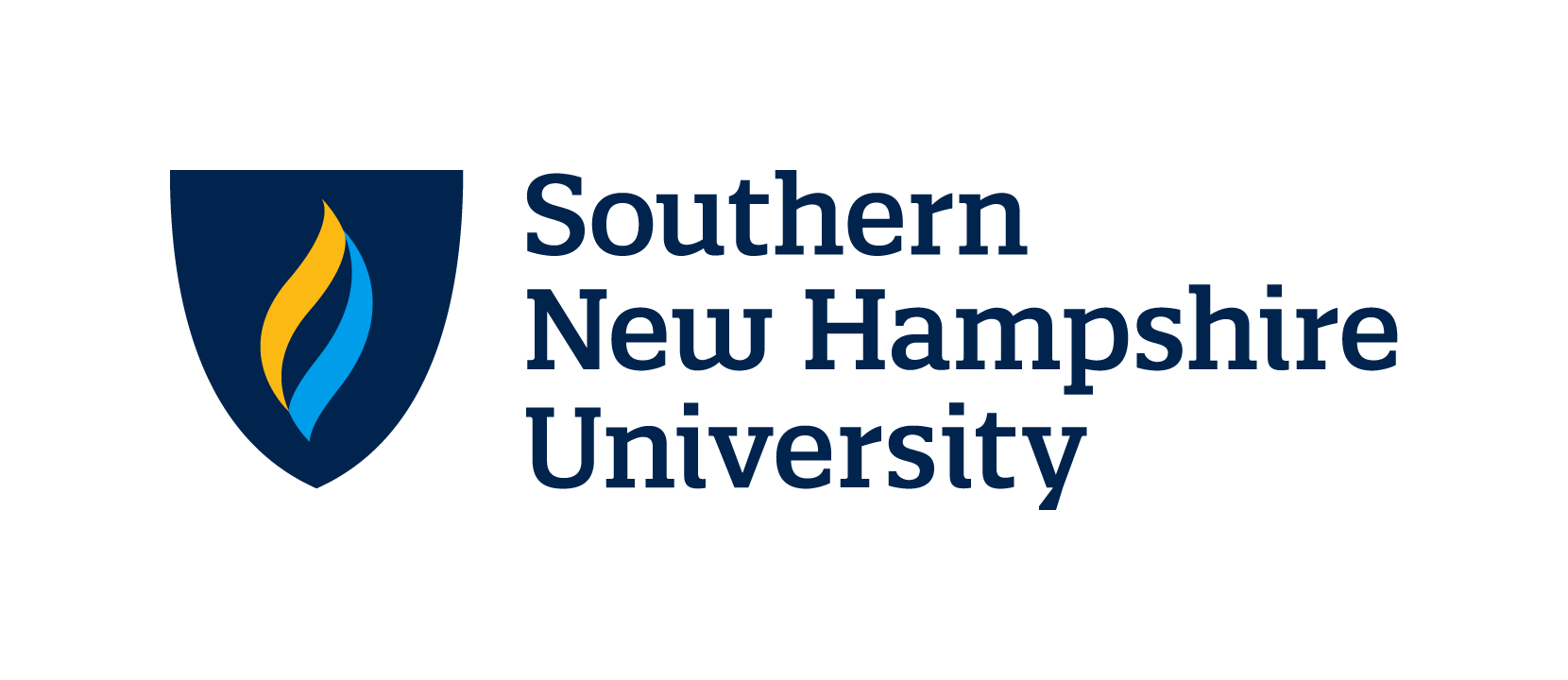Fire Science classes near me in Cleveland
In the Cleveland metro area, the average cost of a class is $14000 and the average class length is approximately 30 weeks long
Trade and industry classes near
Cleveland, OH 44113Online classes
Financial aid
Certificate
Short classes

Liberty University Online
BS: Civil Engineering
- Online, completion in as little as 42 months.
- Option to transfer credits for up to 75% of the entire degree.

Liberty University Online
BS: Aviation Management
- Online, completion in as little as 42 months.
- Option to transfer credits for up to 75% of the entire degree.

Penn Foster
Diesel Mechanics/ Heavy Truck Maintenance Career Diploma
- Affordable, accredited, self-paced
- Students receive Snap-on tools discount
Fire Science classes near me in Cleveland
Are you interested in pursuing a career in fire science? If you live in Cleveland, you're in luck! There are several options for fire science classes near you that can help you gain the knowledge and skills needed for this rewarding career. In this blog post, we will explore what fire science is, the training requirements, what to look for in a class, what to expect from the day-to-day class, the certification process, how to find related jobs, and other classes you can take after becoming a fire science professional.

Introduction
Fire science is a field that focuses on the study of fire behavior, prevention, and suppression. It involves understanding the science behind fires, as well as the techniques and strategies used to prevent and extinguish them. Fire science professionals play a crucial role in protecting lives and property from the devastating effects of fires. They work in various settings, including fire departments, government agencies, and private organizations.
What is Fire Science?
Fire science is a multidisciplinary field that combines elements of chemistry, physics, engineering, and emergency management. It covers a wide range of topics, including fire behavior, fire investigation, fire prevention, hazardous materials, and emergency response. Fire science professionals are trained to analyze fire scenes, determine the cause of fires, and develop strategies to prevent future incidents.
Training Requirements
To become a fire science professional, you will need to complete a training program that covers the essential knowledge and skills required for the job. The specific requirements may vary depending on the state and the organization you wish to work for. However, most fire departments require candidates to complete a fire science degree or certification program.
When looking for fire science classes near you in Cleveland, it's important to consider the following factors:
- Accreditation: Ensure that the program you choose is accredited by a recognized accrediting body. This ensures that the program meets certain quality standards and that the credits you earn will be recognized by employers and other institutions.
- Curriculum: Review the curriculum to make sure it covers all the necessary topics and skills you need to succeed in your future career.
- Practical Experience: Look for programs that offer hands-on training opportunities, such as simulations, field exercises, and internships. Practical experience is crucial for developing the skills needed in real-world fire scenarios.
- Instructor Qualifications: Check the qualifications and experience of the instructors. They should have relevant industry experience and be knowledgeable in the field of fire science.
- Facilities and Resources: Consider the facilities and resources available to students, such as fire training props, equipment, and laboratories. These resources will enhance your learning experience and provide opportunities for practical application of the knowledge gained.
What to Expect from a Fire Science Class
Fire science classes typically cover a wide range of topics related to fire behavior, prevention, and suppression. Here are some of the key areas you can expect to study:
- Fire Behavior: Learn about the science behind fire, including how fires start, spread, and interact with different materials. Understand the factors that influence fire behavior and how to predict and control it.
- Fire Prevention: Explore strategies and techniques for preventing fires, such as fire safety inspections, code enforcement, and public education campaigns. Learn how to identify potential fire hazards and develop effective prevention plans.
- Fire Suppression: Gain an understanding of the various methods and tactics used to extinguish fires, including the use of firefighting equipment, techniques for ventilation and search and rescue operations, and incident command systems.
- Emergency Management: Learn about emergency response protocols, incident management, and coordination with other emergency services. Develop the skills needed to effectively respond to emergencies and mitigate their impact.
- Hazardous Materials: Understand the properties and risks associated with hazardous materials. Learn how to identify, handle, and mitigate hazardous materials incidents.
The Certification Process
Once you have completed your fire science training, you may be eligible to pursue certification as a firefighter or fire inspector. The certification process typically involves the following steps:
- Education and Training: Complete the required fire science classes and training programs.
- Written Examination: Pass a written examination that tests your knowledge of fire science principles and practices.
- Physical Fitness Test: Demonstrate your physical abilities through a series of tests, such as running, climbing, and carrying heavy equipment.
- Practical Skills Assessment: Perform various firefighting tasks under the supervision of assessors to demonstrate your competency.
- Background Check: Undergo a background check to ensure you meet the necessary criteria for employment in the field.
- Medical Evaluation: Complete a medical evaluation to ensure you are physically fit to perform the duties of a firefighter.
- Certification: Upon successful completion of all requirements, you will be awarded certification as a firefighter or fire inspector.
Finding Related Jobs
After completing your fire science training and obtaining certification, you will be ready to pursue a career in the field. Here are some ways to find related jobs:
- Fire Departments: Check the websites of local fire departments for job postings and application instructions.
- Government Websites: Visit government websites, such as city or county job boards, for fire science-related job opportunities.
- Networking: Reach out to professionals in the field, attend career fairs, and join professional organizations to expand your network and learn about job openings.
Other Classes to Consider
Once you have established a career in fire science, you may choose to further expand your knowledge and skills by taking additional classes. Here are some related classes you can consider:
- Emergency Medical Technician (EMT): Learn how to provide basic medical care and respond to medical emergencies. This certification can be valuable for firefighters who often respond to medical calls.
- Hazardous Materials Technician: Gain specialized knowledge in handling hazardous materials incidents, including identification, containment, and decontamination procedures.
- Incident Command System: Develop advanced skills in incident management and leadership. This course is particularly beneficial for individuals interested in managerial positions within the fire service.
- Fire Investigation: Learn the techniques and procedures used to determine the cause and origin of fires. This class is valuable for individuals interested in a career in fire investigation or arson investigation.
Final Thoughts
If you're interested in pursuing a career in fire science, there are several options for fire science classes near you in Cleveland. These classes will provide you with the knowledge and skills needed to protect lives and property from the devastating effects of fires. Remember to consider factors such as accreditation, curriculum, practical experience, instructor qualifications, and facilities when choosing a program. After completing your training and obtaining certification, you can explore various job opportunities in fire departments and related fields. And if you're looking for more vocational classes or career options, visit Dreambound for a comprehensive platform to find the perfect class for you.
Dreambound has a bunch of guides about starting in this field, with specific ones for different cities. If you're not in this city or are thinking about moving, check out some other guides below:
- How to Become a Firefighter in Arkansas
- How to Become a Firefighter in Kansas
- How to Become a Firefighter in Nevada
- How to Become a Firefighter in Oregon
- How to Become a Firefighter in Wisconsin
If you're exploring various professional paths, Dreambound has in-depth guides to help assist you. Explore a few of these resources below.
FAQ
What is Dreambound?
Dreambound is the largest platform for students to find career & technical training programs. While we can't guarantee a career outcome, our mission is to provide all the information you need to find the perfect program for you.
What programs do you offer?
Dreambound has over 70 programs across healthcare, technology, business, and industrial trades. This includes programs such as Medical Billing, Cybersecurity, and welding.
Do you offer financial aid?
Some of our schools offer financial aid for those who qualify. Many others offer payment plans, where you can pay the cost of class over time.
Is it possible to do online classes?
Yes, Dreambound offers many online programs. On Dreambound's search, you can filter by online, in-person, and hybrid (part online, part in-person).
